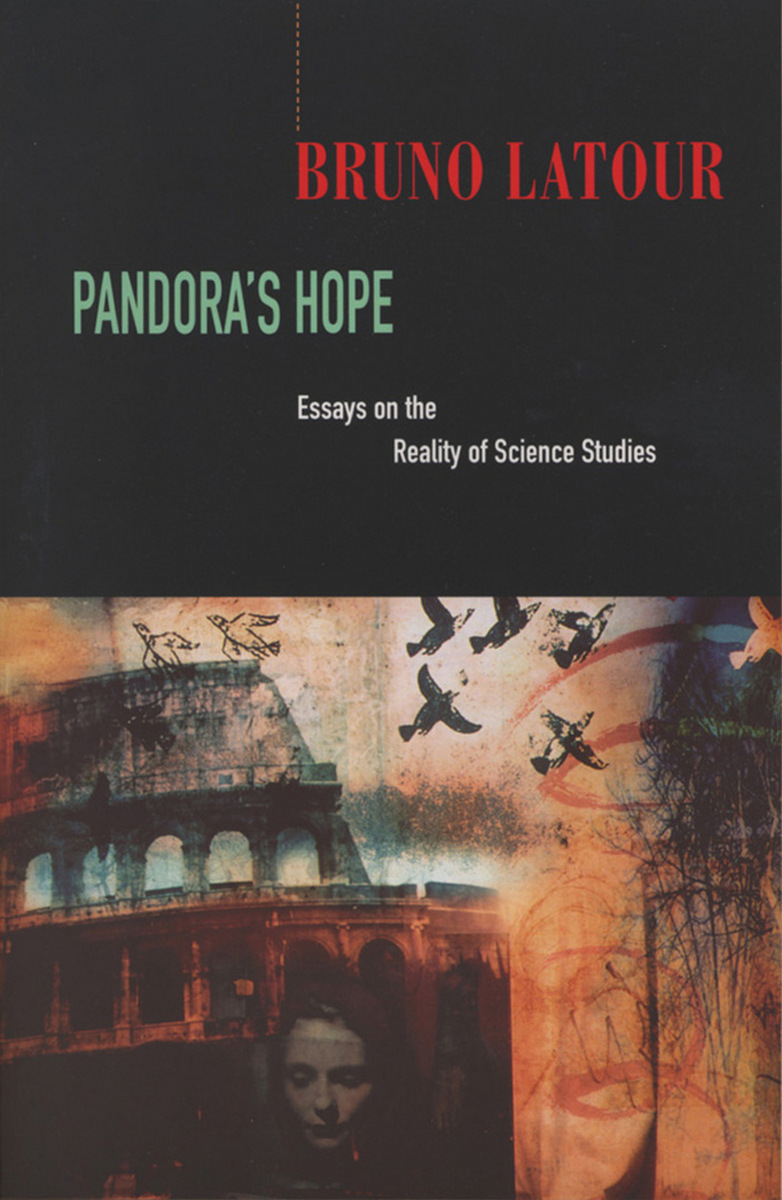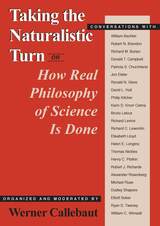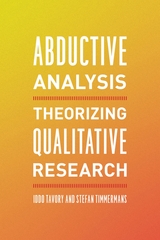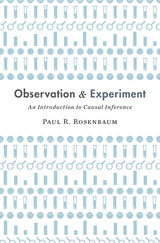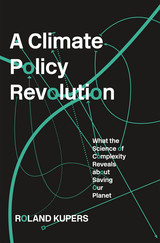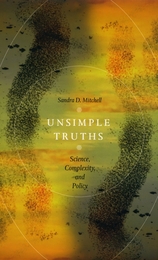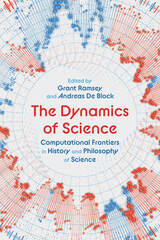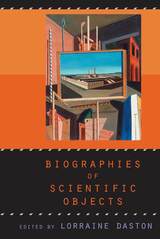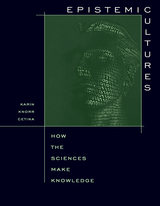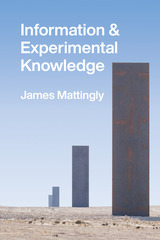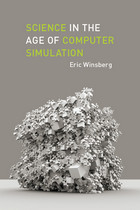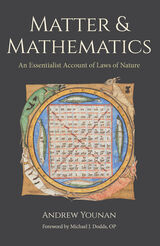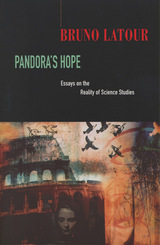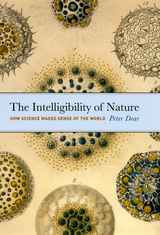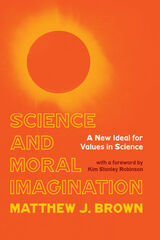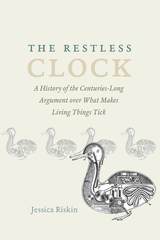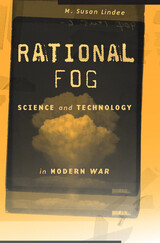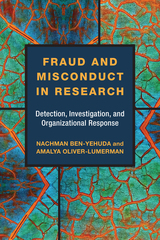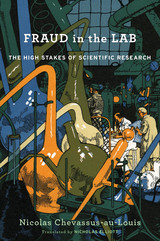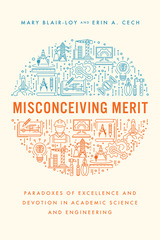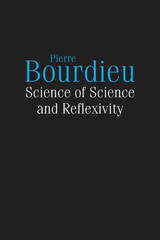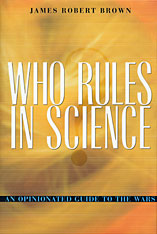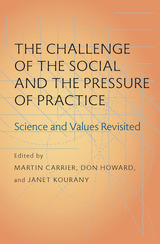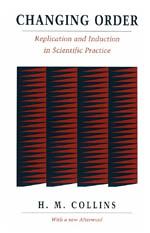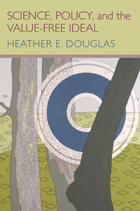[Pandora’s Hope] brims with insight, and is frequently brilliant. It does what one always hopes for, but so rarely finds, in a philosophy book; it shakes assumptions so deeply held that you hardly knew they were there. It takes the world, reshuffles it, and deals it back; the cards are all the same, but the hand is crucially different… Pandora’s Hope, and its author, demand serious attention… Latour asks jarring and important questions and proposes jarring and brilliant answers. Kafka once wrote that a good book ought to have the fearsome impact of an ice ax. Pandora’s Hope does this. Having finished it, I am bloodied and befuddled. And I can think of no greater compliment for a book, or heartier endorsement.
-- Noah J. Efron Boston Book Review
In this book of impassioned and creative explorations into scientific life, Bruno Latour offers himself as a reasonable man who is ready and willing to lead combatants of the ‘science wars’ off the battle plain and onto higher ground… The text is comprised of essays about the genesis of and context for the science wars, case studies of scientific practice and elaboration of his current theoretical stances. His writing can be stimulating, fresh and at times genuinely moving… It is hard not to be caught up in the author’s obvious delight in deploying a classic work from antiquity to bring current concerns into sharper focus, following along as he manages to leave the reader with the impression that the protagonists Socrates and Callicles are not only in dialogue with each other but with Latour as well.
-- Katherine Pandora American Scientist
Show Latour an intellectual war zone and he’ll leap into the middle, to do battle with both sides… You can rely on [Pandora’s Hope] to shake your ideas up. And that’s almost never a bad thing, in science or elsewhere.
-- Mike Holderness New Scientist
Pandora’s Hope is Latour’s systematic defense of science studies, starting with impressions of his sojourn with five naturalists in Amazonia… His observations of [them] are overwhelmingly persuasive, and without a hint of supercilious hostility to the cause of science. Latour is proud to have been cited as co-contributor to their research report, and they must be equally pleased to figure in his.
-- Times Higher Education Supplement
His work sparkles with wit, sharp scholarship, graceful tropes, homely but apt metaphors, personal anecdotes at his own expense, and other jewels of the art of persuasion. It is always a pleasure to read or listen to Bruno, just for the vitality and fun of his mind.
-- John Ziman Interdisciplinary Science Reviews
Latour is concerned with making a case for the emerging field of ‘science studies,’ a discipline that proposes to study science and the scientific process itself on a philosophical and conceptual level. After an introductory chapter in which he lays the groundwork for science studies and its contributions to our knowledge of the nature of reality, Latour then provides a series of case studies showing scientists from various fields in action. In these case studies, which range from an analysis of a field trip by soil scientists in the Amazon to Louis Pasteur’s investigations of lactic acid fermentation in yeast, Latour carefully dissects the seen and unseen components of the scientists’ activity and thought. Latour’s engaging, clear writing style makes a difficult subject much easier to comprehend.
-- R. K. Harris Choice
